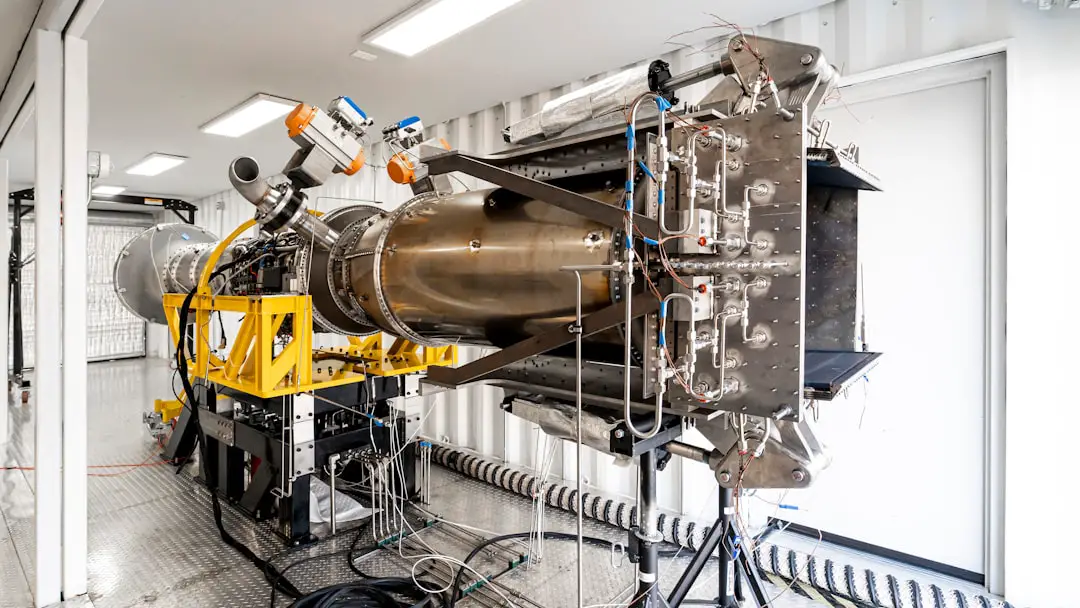
Enzymatic technology is revolutionizing the way materials are produced, according to a recent report from The World Economic Forum. This innovative approach utilizes enzymes, which are biological catalysts that can speed up chemical reactions, to create a wide range of materials in a more sustainable and efficient manner.
Traditionally, materials production has relied heavily on chemical processes that can be harmful to the environment and require large amounts of energy. Enzymatic technology offers a cleaner and more sustainable alternative by using natural enzymes to break down raw materials and create new products.
One of the key benefits of enzymatic technology is its versatility. Enzymes can be engineered to target specific molecules, allowing for the production of a wide variety of materials, from plastics to textiles. This flexibility makes enzymatic technology a promising solution for industries looking to reduce their environmental impact and improve the efficiency of their production processes.
In addition to its environmental benefits, enzymatic technology also offers economic advantages. By streamlining production processes and reducing the need for harsh chemicals, companies can save on costs and improve their bottom line.
Overall, enzymatic technology is poised to revolutionize the materials production industry. As companies increasingly prioritize sustainability and efficiency, this innovative approach offers a promising solution for meeting the growing demand for more environmentally friendly products. The World Economic Forum’s report highlights the potential of enzymatic technology to transform the way materials are produced and pave the way for a more sustainable future.
Source: The World Economic Forum







